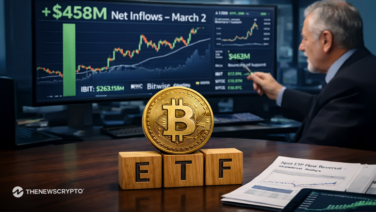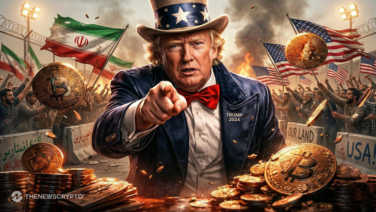- Tokens like NFT are included in the VDA’s definition regardless of their names.
- The government of India now levies a VAT of 18% on crypto exchange transactions.
Guidelines on the scope of virtual digital assets are anticipated to be released ahead of the June 15 first due deadline for advance tax payment. According to government sources aware of the matter, the Central Board of Direct Taxes (CBDT) is now creating rules to eliminate any uncertainty from the newly formed tax framework for asset holders.
Whether or Not Subject to VDA
The apex direct tax authority will define non-fungible tokens (NFTs) and whether or not they are subject to VDA. NFT values may also be clarified, taking in mind the volatility in the market.
Because it is stored on a blockchain, every one may see an NFT’s provenance and ownership details. Tokens like NFT are included in the VDA’s definition regardless of their names. Recently, the value of NFTs has fallen sharply owing to global uncertainty.
In addition, it will explain whether or not digitally awarded/redeemed credit card/loyalty point value should be considered virtual assets or omitted. The existing definition of digital assets is too broad and might encompass such transactions, even if it doesn’t meet the stated goals of a VDA rule.
The instructions in these publications may also clarify an offshore cryptocurrency exchange’s technique of calculating and deducting taxes. As of July 1, the government has yet to announce the guidelines for the computation of a 1% tax on crypto transactions. Cryptocurrency trading might potentially benefit from a clarification of the GST treatment. The government of India now levies a VAT of 18% on crypto exchange transactions.
All earnings from the sale of VDAs are subject to a flat 30% tax, and a TDS of 1% is applied to all cryptocurrency transactions under the Union Budget 2022-23. The new tax structure requires cryptocurrency owners to pay these taxes.








